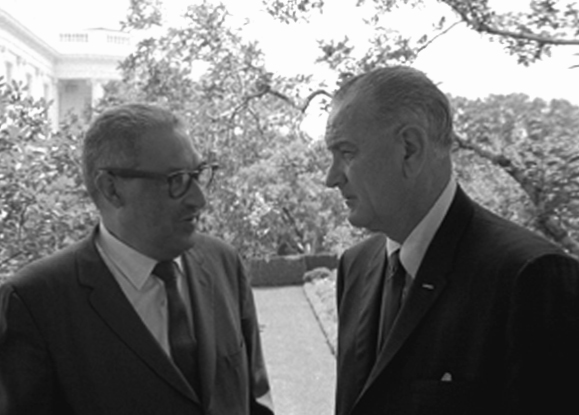
FRQ #3, SCOTUS Comparison.
Decades ago, African Americans were barred from participation in primary elections, creating the so-called white primary. During the Democrats’ hold on the Solid South in the early 1900s, most officeholders were determined by the primary election rather than the general election. Blacks were therefore prevented from participating in the part of the electoral process that actually picked the officeholder. Proponents of the white primary argued that all voters were free to vote in the general election. And, since political parties are private institutions without government funding, they are not subject to the Constitution in defining their membership. Lonnie Smith, a black Texan, tried to vote in the 1940 primary but was denied by S. S. Allwright, a county elections official. In 1944, attorney Thurgood Marshall argued in the Supreme Court that the party was so intertwined with elections and government in this process that the Constitution did, in fact, apply.
In Smith v. Allwright, the Court agreed, admitting that the Democrat party was a voluntary association but also arguing that state statutes governed the selection of party leaders and that the party operated primary elections under state authority. A state cannot permit a private organization to practice racial discrimination in elections.
(A) Identify a constitutional provision at issue in both Smith v. Allwright (1944) and Shaw v. Reno (1993).
(B) Explain why the holding in Smith v. Allwright was different from the holding in Shaw v. Reno.
(C) Explain how the ruling in Smith v. Allwright demonstrates the linkage between political parties and government.